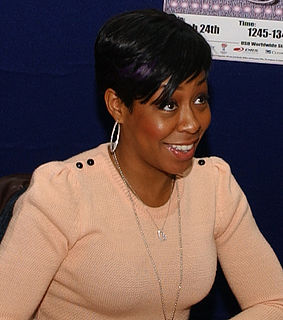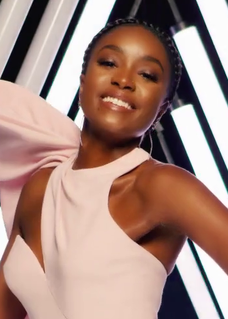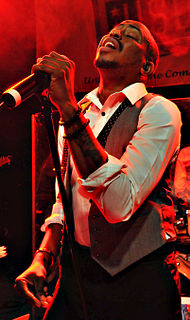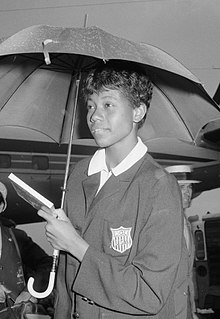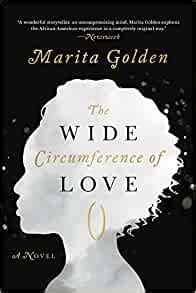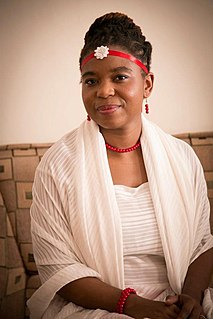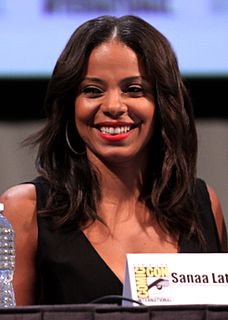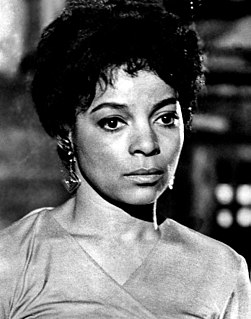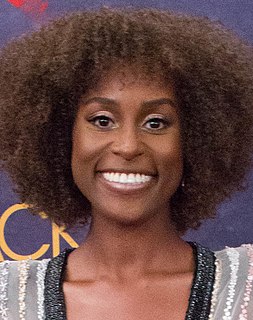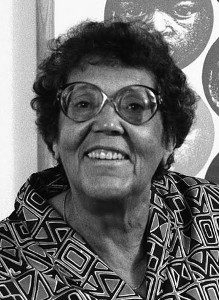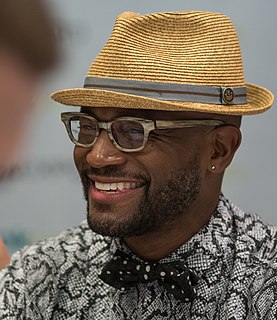Top 1200 Black Women Quotes & Sayings
Explore popular Black Women quotes.
Last updated on November 19, 2024.
Black Girl Magic is a radiant revolution against misogynoir - misogyny directed towards Black women and internalized hatred. Black women are subject to so many societal messages that tell them they are not beautiful, smart, or capable. Black Girl Magic is the conscious unraveling of those toxic concepts through self-love and acceptance. It preaches that despite the pressures I face, I glow more than ever before.
I have this problem where it's like'I can never stop thinking. For instance, I find myself obsessing over the treatment of black women and girls by black men'the fact that black men have a special prejudice against black women and generally don't protect them or attempt to understand them, and I cry an awful lot about that.
There are more than 100 million African women who go topless at some point in the day, each and every day, to honor both God and our ancestors. So being in a country like America where nothing is hated more than the image of the black woman, even by black people'because her womb produces the black man and makes us black'I find it of grave importance to implement African images, and especially to produce media images that acknowledge the sexual power and fertility of black women.
Black women are some of the most colorful women in the world. We come in all shadeshave so many hair textures..eye colors..body types. In this generation, it's sad to see so many black girls claiming ethnicities that they know nothing about in hopes of impressing a man or appearing 'exotic'. So many people act as if being black and beautiful is impossible. It's not. If we wanna get technical and look at our history, almost every black American is mixed. But we must stop implying that a woman's beauty comes from a part of her that is not black.
When I was growing up, there was no one. There were very few black women in tech; there were very few black women in the fashion game. We didn't have our Grace Jones - Grace Jones was before my time. We didn't really have a lot of black women in electronic and punk who were celebrated in the same levels as, say, your big mega-superstars.
Whenever black women have a point, they're characterized as angry black women, and therefore the thing they're talking about is no longer of importance because they have to deal with them being overly emotional or something. I recognize that people who respond negatively to what I have to say aren't at a place yet where they are able to learn ... And it's exactly what I'm trying to fight.
...black women write differently from white women. This is the most marked difference of all those combinations of black and white, male and female. It's not so much that women write differently from men, but that black women write differently from white women. Black men don't write very differently from white men.
Radical militant feminist believes that women of color and Black women in particular have written the cutting edge theory and really were the individuals who exploded feminist theory into the directions that has made it more powerful. So I see us as the leaders not just of Black people and Black women in terms of feminism but in terms of the movement as a whole.
We black women must forgive black men for not protecting us against slavery, racism, white men, our confusion, their doubts. And black men must forgive black women for our own sometimes dubious choices, divided loyalties, and lack of belief in their possibilities. Only when our sons and our daughters know that forgiveness is real, existent, and that those who love them practice it, can they form bonds as men and women that really can save and change our community.
The inspiration for this movie [Something New] was this Newsweek article that came out a couple of years ago that talks about 42.4 percent of black women in America aren't married. Black women are shooting up the corporate ladder way faster than our black male counterparts. And (black men) are either dating outside their race, in jail or dying. And so if you want to have a family, you want to be married, you have to look at other options.
It's very necessary, showing the positive aspect of a black father. We see a lot of black women being the head of the household and holding the house down, but I think we need to have those images because there are black fathers out there who are doing the same thing and who are the glue to the family. That's who Black Lightning is.
When you say 'the man of the house,' the black woman has been the woman and the man of the house, because black men have so often had to spend all of their time and energy working and trying, at least, to give their families the basic needs. So black women, I find, are not really concerned about women's liberation.
The potential significance of Black feminist thought goes far beyond demonstrating that African-American women can be theorists. Like Black feminist practice, which it reflects and which it seeks to foster, Black feminist thought can create a collective identity among African-American women about the dimensions of a Black women's standpoint. Through the process of rearticulating, Black feminist thought can offer African-American women a different view of ourselves and our worlds
Black women must help black men understand their full potential lies not in denying black women full access to their humanity and opportunity, but in working diligently to overcome the odds that hamper our progress. Yes, some of that is self-imposed, and we must confront it; and much of it comes from outside. But without courageous and brilliant black women, our communities are greatly diminished.
The black characters on TV are the sidekicks, or they're insignificant. You could put all the black sidekicks on one show, and it would be the most boring, one-dimensional show ever. Even look at the black women on 'Community' and 'Parks and Recreation' - they are the archetype of the large black women on television. Snide and sassy.
They wanted black women to conform to the gender norms set by white society. They wanted to be recognized as 'men,' as patriarchs, by other men, including white men. Yet they could not assume this position if black women were not willing to conform to prevailing sexist gender norms. Many black women who has endured white-supremacist patriarchal domination during slavery did not want to be dominated by black men after manumission.
There are many things that black women can continue to do to help black folk. First, black women have historically been among the most vocal advocates for equality in our community. We must take full advantage of such courage by continuing to combat the sexism in our communities. Black women, whether in church, or hip-hop, don't receive their just due. Second, when black women are in charge of child-rearing, they must make ever so sure to raise black children who respect both men and women, and who root out the malevolent beliefs about women that shatter our culture.








